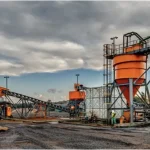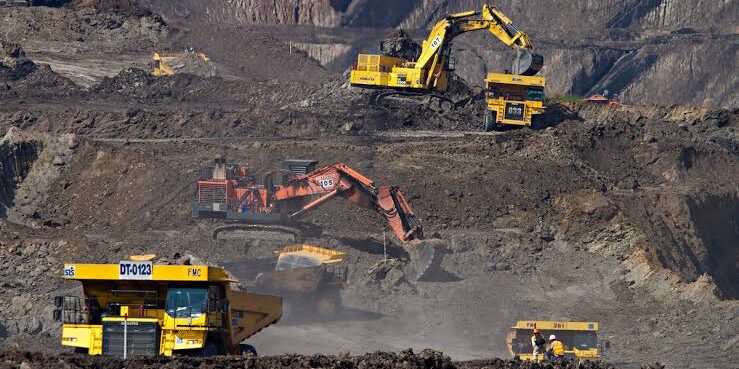Court of Auditors demands enforcement of legal obligations as tensions grow in resource-rich regions
July 2025 | Kinshasa, DRC — Three mining companies operating in the Democratic Republic of Congo (DRC), including the prominent Anhui-Congo Mining Investment Company (SACIM), are facing possible suspension after a damning report by the Court of Auditors revealed persistent failure to meet their legally mandated community development obligations.
According to a June 2025 audit, SACIM, OM Metal Resources, and the Lubumbashi Tailings Processing Company failed to contribute 0.3% of their annual turnover to local development projects — a key requirement under DRC’s Mining Code. These payments are intended to support social and infrastructure initiatives in the communities hosting mining operations.
The total unpaid amount between 2018 and 2023 is estimated at $2.77 million, with SACIM alone owing nearly $700,000.
SACIM, which has struggled financially in recent years due to earlier restrictions on diamond sales, is now in crisis. Although those restrictions have been lifted, its operations remain largely inactive. Workers at the company’s Miabi site in Kasaï Oriental province have gone without wages for over 13 months, sparking repeated strikes.
Local civil society organizations say the region has received no community funds since 2022, when a specialized oversight body was established to monitor compliance.
The Court of Auditors strongly criticized the Supervisory Committee, accusing it of negligence for failing to take enforcement action despite years of non-compliance. It also dismissed arguments that avoiding penalties was necessary to attract foreign investment, stating that “respecting the law should not be seen as a burden but as a baseline for doing business.”
The Court recommended that the Supervisory Committee, under the Ministry of Mines, invoke Article 292 of the Mining Code — which permits the suspension of mining operations for firms in breach of community contribution requirements.
If enforced, the decision could send a strong message to other operators across the DRC’s mining sector, where tensions between extractive firms and local communities continue to simmer amid concerns of inequity, environmental damage, and unfulfilled development promises.















